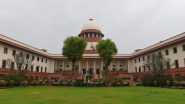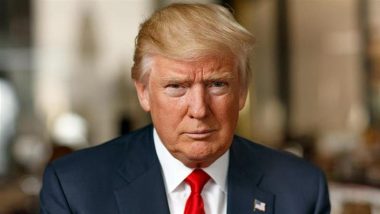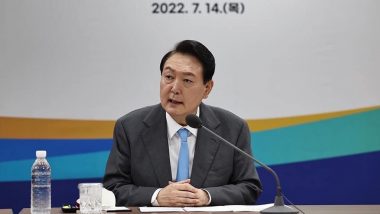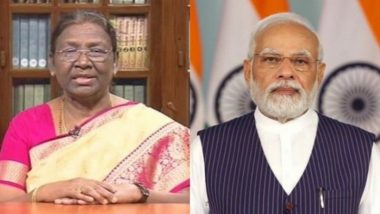New Delhi, May 3 (PTI) If politicians can approach the public seeking votes, why can't people come near their offices after elections to protest, the Supreme Court said today.
The top court's remarks came on a plea challenging the Centre's decision to permanently impose prohibitory orders in central Delhi banning protests by people.
A bench of justices A K Sikri and Ashok Bhushan said that there were several apex court and high court verdicts recognising people's right to protest.
"When during elections, politicians can go among the public to seek votes why can't people come near to their offices after polls to protest," the bench observed.
Advocate Prashant Bhushan said that Centre has banned protests or assembly in whole of Central Delhi and imposed section 144 of CrPC permanently on the guise of avoiding traffic obstruction.
He said that they have asked protestors to go to Ramlila Maidan for protests while there are several verdicts which recognised people's right to protest.
"The protests have to be near the seat of power, so that people can make their voices heard," he said adding that there is a Delhi High Court verdict which recognised the people's right to protest at the gate of a factory, so long it does not affect the ingress or egress of the traffic.
Bhushan said that Delhi Police has all the powers to deal with traffic obstructions but that does not mean that people's right to protest should be curtailed.
The hearing remained inconclusive and would continue on May 9.
Earlier, the Centre told the apex court that it is an era of "professional protestors" who like to protest outside Parliament or the President or the Prime Minister's house to make their voices heard.
It had said that the government had to take holistic steps which are necessary to ensure peace and harmony.
The Centre justified the continuous imposition of prohibitory orders under section 144 of CrPC in Central Delhi which houses most of the government buildings and VIP residences, after a PIL opposed such orders saying it obstructed the fundamental right to protest.
The plea was filed by NGO Mazdoor Kisan Shakti Sanghatan challenging the ban of all assemblies and protests in Central and the New Delhi area.
The NGO had claimed that there cannot be continuous imposition of prohibitory orders in entire Central Delhi, which is an emergency provision to be used at the time of apprehension of violence or law and order problems.
It said the situation is understandable if the government imposing prohibitory orders is based on a specific intelligence input or apprehension of protests by a group turning violent and creating serious breach of peace and harmony.
The Centre in its affidavit has justified imposition of prohibitory orders citing over a dozen incidents of the past during which protests have turned violent and the police had to use tear gas and water cannon to control the mob.
The apex court had earlier said it needed to take a holistic view of protecting the fundamental rights of citizens to protest, as well as protection of environment and rights of commuters, while earmarking space for agitations in Delhi. It had asked the Centre to file a comprehensive response in the matter.
On December 4 last year, the apex court had said proper guidelines should be framed on the issue of right to protest so as to ensure a balance between the fundamental right of the citizens to protest and maintenance of law and order.
The National Green Tribunal had on October 5 last year banned all protests at Jantar Mantar near Connaught Place on the ground that it created nuisance for the local residents and violated environment protection statutes.
The plea before the apex court has said that "with the NGT order banning protests at Jantar Mantar, it is evident that distancing a protest site from where it is most visible to the government and concerned authorities, will have the effect of diluting the impact that the protest seeks to gain. PTI MNL ABA SJK RKS
(This is an unedited and auto-generated story from Syndicated News feed, LatestLY Staff may not have modified or edited the content body)













 Quickly
Quickly




















